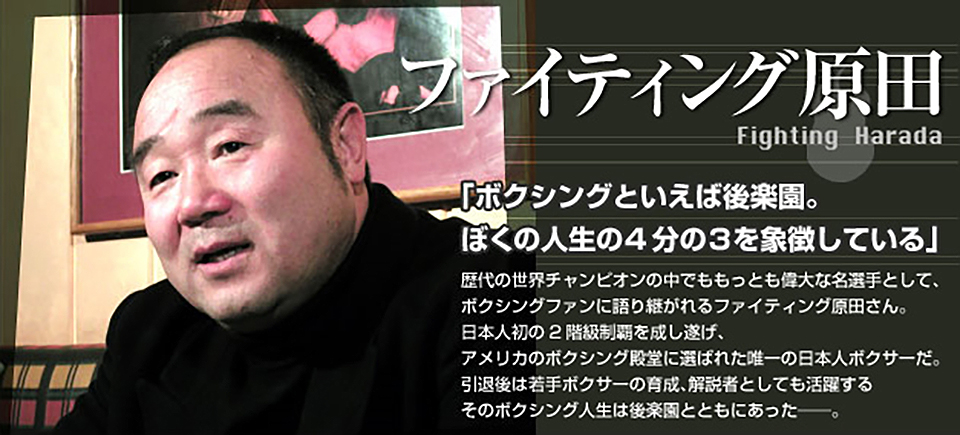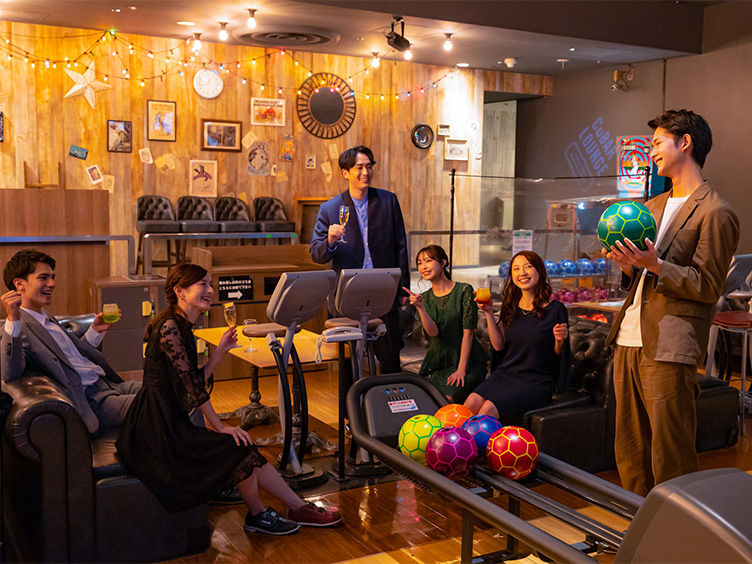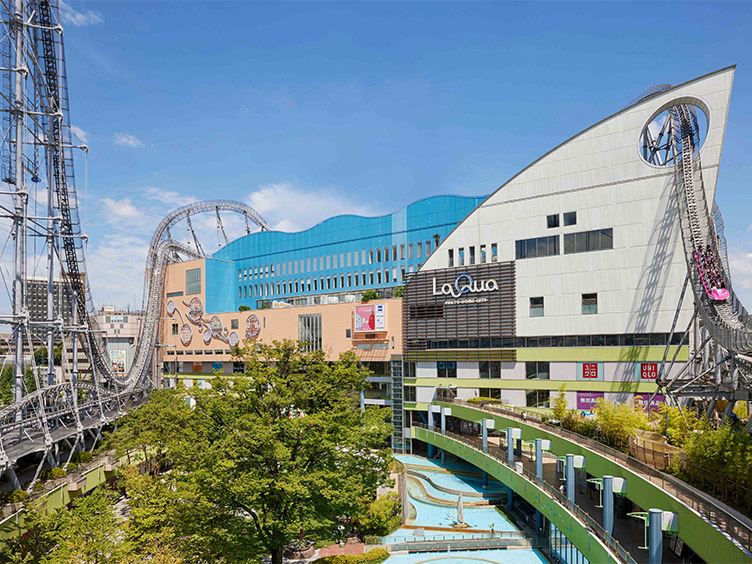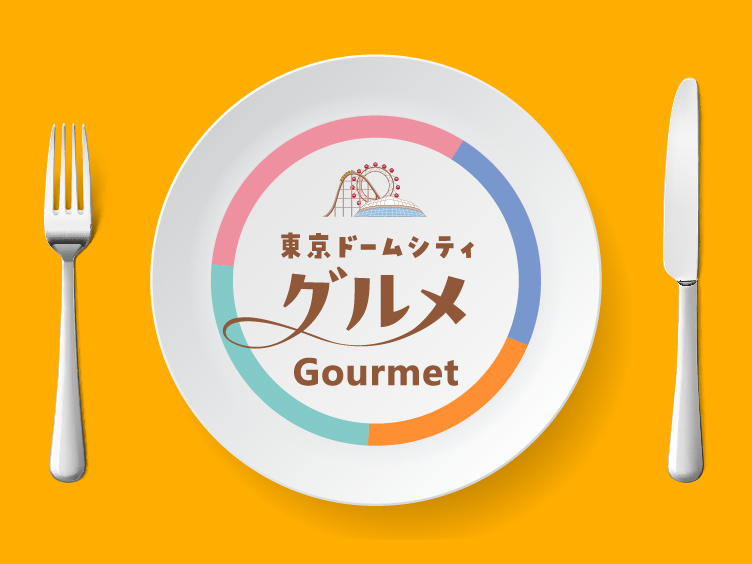ザ・インタビュー
ファイティング原田は、日本ボクシング界の金字塔である。この言葉にあえて注釈を付け加えるなら、その成し遂げた実績のみならず、原田という人物そのものが、拳の世界に燦然と輝くのだ。昭和30年代から40年代、テレビ放映が週8度もあるというボクシング黄金期に、主役はずっとこの原田だった。フライ級、バンタム級と世界の頂点に立った。日本人として前人未踏の3階級制覇を狙って、果敢にフェザー級王座にも挑んだ。どこまでも攻撃的で、ひと時も休むことなくパンチを繰り出す姿が、ファンを魅了し続けた。現在まで語り継がれる減量苦とともに、原田というボクサーの何もかもが、もはや伝説である。そして今も、日本プロボクシング協会会長として、象徴として立つ。
好きなボクシングのためなら減量の苦しみにも耐えられた
ぼくは戦うことが好きでした。リングの上にいることが好きでした。怖いと思ったことなんて一度もありません。花道を入場してくるときはいつも照れくさいし、恥ずかしい。だから、タオルですっぽり顔を隠したりしていたんですが、リングに立つと不思議に気が楽になっていくんです。とにかく、ここにいることが楽しい、これから戦うことが楽しみで、その他の気持ちは一切湧いてきませんでしたね。
今でもよく人に言われるんです。大変だったでしょう?厳しかったでしょう?でも、そんなことは全然ない。だって、本当に好きなことをやってきたんです。自分で選んで、そしてここまでやって来たんですから。途中にどんなことがあっても、勝利のあとの喜び、とくに世界チャンピオンになったときの気持ちに変えられるものはありません。
もちろん、思い返せば苦しいこともありました。ぼくの場合は、減量でしょうね。試合をするために、とにかくそのクラスのリミットまでに体重を落とさなければならない。この減量が、とんでもなく苦しかったのも確かです。「水洗トイレを流れる水も飲みたかった」という話は、本当のことです。減量も最後の段階になると、何も食べていられないし、水も飲めない。そういう過酷な状況にあったある朝、前の晩より体重が増えていたことがあったんです。もちろん、何も口にしていません。原因は寝る前のうがいだったんです。
この段階になると、口の中も水分を失って、舌はガザガザになってしまっています。そういうときに水を含むと、たとえ胃の中に流し込まなくても、粘膜から水分を吸収してしまうんです。だから亡くなったオヤジ(笹崎僙・笹崎ジム会長)は、宿舎の水道の蛇口を全部針金で封印して。そういうときにトイレに立って、便器に流れる水さえも愛しくて、つい飲みたくなってしまったんです。
そういう思いをして、リングにたどり着いたというのも、開放感につながっていたのでしょう。それに、どんなときでも対戦相手に「この野郎」という気概を持って臨んでもいました。
たとえば、初めて世界フライ級チャンピオンになったポーン・キングピッチとの一戦です(1962年10月10日)。あの試合は初め、東洋フライ級チャンピオンの矢尾板貞雄さんが挑戦者になるはずでした。その矢尾板さんが突然引退されて、ぼくにチャンスが回ってきたものなんです。
デビューして3年目、まだ19歳でした。世界なんて先の話だと思っていたし、勉強のつもりで戦えればいいと思っていたんです。ところが、来日するポーンに敬意を表して、当時唯一の国際空港だった羽田まで出迎えに行ったときです。ポーンはまともにぼくのことを見ようとしない。調印式、計量のときも握手してもそっぽを向いているんです。見下されているのかと思うと、どうしても勝ちたいという気持ちになって。試合は11回でぼくがKO勝ちするんですが、フィニッシュの瞬間までパンチを何発打ったのかな。もう数えきれないくらいに打ちましたね。ちゃんと握手をしていれば、彼もあんなに痛い思いをしないですんだのにと思いました(笑)。その後はぼくも対戦相手と向き合うときは、決して笑顔を忘れませんでした。
ぼくの時代はいいライバルに恵まれた
![[写真]](/hall/archives/interview/fighting_harada/img/img_index_001.jpg)
“ぼくが世界の頂点に立てたのはライバルたちのおかげ。でも、ボクシングはそんなに甘いものじゃない。最後にはより努力している者、苦しんだ者が勝つ。”
エデル・ジョフレからバンタム級の世界タイトルを取ったとき(1965年5月17日)は、マスコミが「この野郎」と思う対象でした(笑)。3-7、2-8で不利と書かれていましたから。それも当然だったんでしょう。なにしろジョフレは強かったんです。49戦不敗(47勝37KO2引き分け)、8度の防衛戦はすべてKO勝ち。2年前に来日して、青木勝利も左フックのボディブロー一発でKOしています。
「同じ人間だから、何とかなるはず」と思ってぼくは戦いました。ジョフレはやはり強いし、うまかったけど、攻撃こそ最大の防御と攻め抜きました。そしてぼくは勝ちました。試合後の記者会見で、「ざまあみろ」と言いたかったけどやめました(笑)。そういう気持ちにまで自分を高めてくれたのもマスコミのおかげかもしれません。
ぼくがそういうふうに世界の頂点で戦えるようになったのも、ライバルたちのおかげだと思います。あの時代、海老原博幸(世界フライ級チャンピオン)、青木勝利(東洋バンタム級チャンピオン)にぼくを加えて3羽ガラスと呼ばれたんです。この3人の中では、素質的にはぼくがドンケツかもしれません。海老原はスピードがあって、とにかくパンチが切れました。青木はドスンドスンと響くような重いパンチのハードパンチャーでした。そのパンチのすごさは、それぞれ『カミソリ』『メガトン』と呼ばれてね。ぼくにはそういうパンチがありません。最初のころは観客動員でも、彼らに勝てませんでした。でも、だからこそ負けたくなかったんです。
海老原と戦ったのは、後楽園ジムで行われた東日本新人王戦決勝(1960年12月24日)でした。やはりパンチが強くて、ぼくもぐらつきましたが、2度のダウンを奪って勝つことができました。青木と対戦(1964年10月29日)したのは、ぼくがバンタム級に転向してからですね。彼との対戦でも初回にいいパンチを食ったんですが、3回でKO勝ちしたんです。
よく憶えているのは青木戦です。実はこの試合だけは、どうしても負けたくなかったんです。彼は練習嫌いを公言していました。ぼくとの対決が決まったときも、練習しなくても3回までに勝てると言っていたんです。だから、ぼくも3回KOを予告しました。予告KOをやったのは、あの試合だけです。
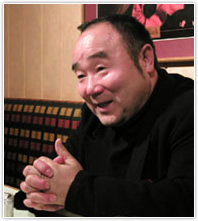
とにかく「ボクシングはそんなに甘いものじゃない」と思っていました。もし、彼が練習もしないでぼくに勝ったら、一生懸命にがんばっているほかの人はどうなる、ボクシング界のためにならない、とそう思ったんです。もちろん、その時点ではそんなに大局的に物事を見ていたわけではなく、ただ自分が勝ちたいという一心だったのかもしれません。あとになって、さまざまな感情が入り混じってそう考えるようになったんでしょう。ただ、確かなのは、最後にはより努力している者、苦しんだ者が勝つ、ということを、ぼくの手で証明したかったということです。
新人の時代から青木、海老原と比較されました。わんちゃん(王貞治)と長嶋(茂雄)さんの関係と同じです。いいライバルがいるからこそ、互いに刺激しあって、そしてともに強くなっていくんです。そして自分には、青木や海老原に比べて、足らない部分があると切実に感じていました。足らないものは、練習で培うしかありません。だから彼らの1.5倍は練習していました。さらにその成果を表すには、試合で勝つしかありません。
若い人には、自分に打ち克って大きな成果を追い求めて欲しい
![[写真]](/hall/archives/interview/fighting_harada/img/img_index_003.jpg)
“ぼくは後楽園ジムの時代からここのリングに立っていた。ぼくの58年の人生の4分の3を象徴する場所。自分がこのリングで死ねたなら、思い残すことはありません。”
今、後楽園ホールに来てくれるファンの方々には、そういうボクサーのがんばる姿勢を見てほしい。自分の可能性を信じ、極限まで鍛え続けることで、その限界をさらに引き上げていく姿を見てほしいと思います。
今はぼくらの時代と違います。ぼくたちは貧しかったし、本当に飢えていました。腹をすかせているから、より努力しようという気持ちも持てました。ボクシングはハングリー・スポーツと言われます。みんなが空腹で、それをどうにかして満たしたいと戦っていたから、あのころのボクシングはおもしろかったんだと思います。若い人にはそういうのが実感としてはないはずです。
それも時代です。どちらがいいとは言えません。ただ、若いボクサーたちが性急に結果を求めすぎてはいないか、すぐに妥協しているのではないか、とそう感じています。確かに現実に飢えてはいないでしょう。けれど、リングに立とうと思ったからには、腹をすかせるのとは別の次元で何かに飢えているはずです。ダウンしてしまったら「もうダメ」と立とうとしない。負けてしまったら、すぐ諦める。なかなかお金にならないから楽しくない。それで終わるのではなく、自分に打ち克って、もっと大きな成果を追い求めてほしい。妥協しないでほしい、そう思います。
私は2階級で世界王者になりました。世界で権威ある『名誉の殿堂』にも日本人としてただ一人選ばれています。それ以上にうれしいのは、田舎に行くと今でも「原田さん、次の試合いつですか」とおじいちゃんおばあちゃんに言われることです。それだけ私のボクシングが脳裏にやきついているってことでしょう。それもこれもぼくが戦っていたそのときに、願っていたものではありません。勝つために、強くなるために重ねてきた努力が、こういう結果を生んだのだと思っています。
後楽園はそういうぼくのすべてと言っていいかもしれません。ボクシングと言えば、後楽園ですから。ぼくは後楽園ホールができる前、後楽園ジムの時代からここのリングに立っていました。先輩たちの試合のたび、セコンドを手伝うためにバケツを持って通っていました。現役を離れてからも、自分のジムの選手が出場したり、あるいはテレビ解説をするために後楽園ホールに何度も足を運びます。ここには独特の雰囲気があります。大きな会場で空席が目立つ世界戦より、ずっと大きな熱狂もあります。名勝負もたくさんあります。そして、ぼくの58年の人生の4分の3を象徴する場所でもあります。
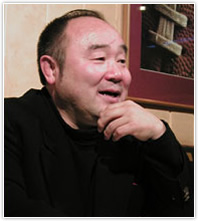
引退後、結婚式も後楽園ホールのリングで挙げました。アナウンサーの人がレフェリー役になって、1ラウンド目が仲人の挨拶というふうに、当時の世界戦の15回戦になぞらえてやったのも、懐かしい思い出です。ボクシングの原田として、もっともふさわしい場所で、第2の人生のスタートを切ったのです。
あとは自分の手で世界チャンピオンを育てたい。それから、もし自分がこのリングで死ねたのなら、もう思い残すことはありませんね。
『ファイティング』のリングネームは、昭和初期、黎明期の日本ボクシング界にやってきた、比国の強打者ファイティング・ヤバに由来する。そして原田の現役時代、時ははるかに行過ぎて現在まで、『ファイティング』の名前は、どこまでも高く煌く巨星である。この名は、おそらくこれからもずっとボクシングの代名詞になり続けるに違いない。原田は言った。そうなれたのも、ときどきの無心、無垢な熱情の結晶だ。これは若いボクサーたちに伝えたい、大先輩の熱烈な応援メッセージである。
(インタビュー 2002年2月12日)
![[写真]](/hall/archives/interview/fighting_harada/img/img_index_005.jpg)
後楽園ホールが開場した記念すべき年(1962年)の7月23日。比国のタフなボクサー、リトル・ルーフと対決して10R判定勝ちしたファイティング原田。この一戦は世界フライ級タイトル獲得(同年10月10日)の前哨戦となった。
![[写真]](/hall/archives/interview/fighting_harada/img/img_index_006.jpg)
バンタム級に転向後の1964年9月17日、比国のハードパンチャー、オスカー・レイスと対戦。原田のパンチが炸裂し、10R判定勝ち。この8ヶ月後に世界バンタム級タイトルを獲得し、日本初の2階級制覇の偉業を成し遂げた。
写真提供/ボクシング・マガジン
- ※本サイトに掲載の記事・写真の無断転載は固く禁じます。
![[写真]](/hall/archives/interview/fighting_harada/img/img_index_007.jpg)
ファイティング原田:プロフィール
ふぁいてぃんぐはらだ 本名・原田政彦。
1943年(昭和18年)4月5日、東京都世田谷区生まれ。
1960年、笹崎ジムからプロデビュー。その激しいラッシングパワーでいきなり26連勝し脚光を浴びる。世界フライ、バンタムの2階級を制覇。バンタム級時代には4度の防衛に成功した。
1969年、敵地オーストラリアでWBC世界フェザー級王者ジョニー・ファメションに不当な判定で敗れ、3階級制覇には失敗。翌年1月、ファメションとの再戦にKO負けした試合を最後に引退。62戦55勝(23KO)7敗。日本人には一度も負けていない。現ファイティング原田ジム会長ならびに日本プロボクシング協会会長。
